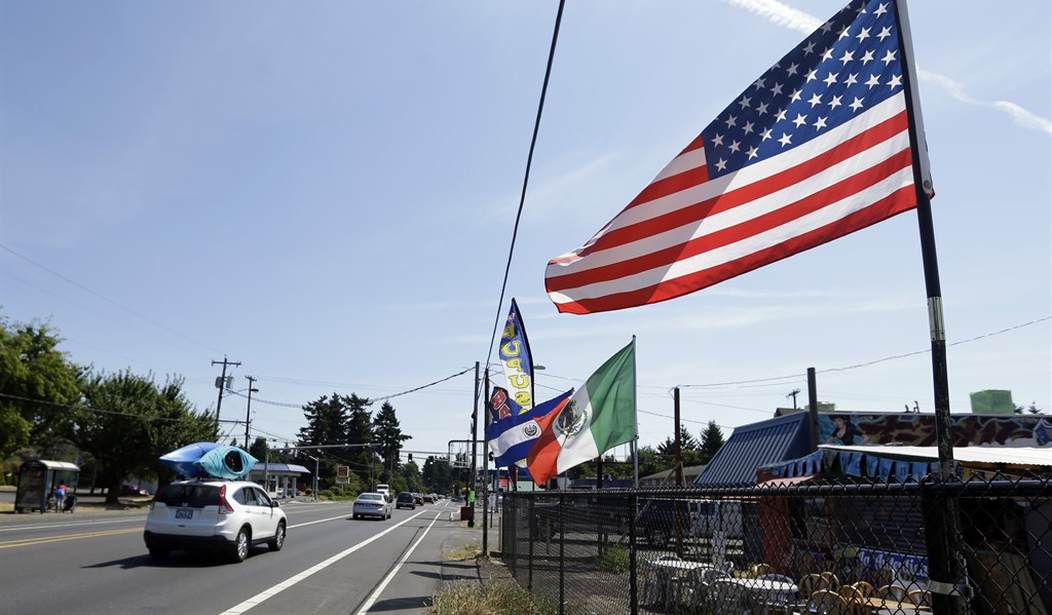“America is becoming a third world country when it comes to its roads, bridges, and airports.” — Jimmy Rogers
I currently am working on a paper for Australian economics professor Steven Kates, who is editing a volume called “What’s Wrong with Keynesian Economics?”
The answer is “plenty.” One of the biggest problems with Keynesian economics — named after the 20th century British economist John Maynard Keynes — is its focus only on the short term. Keynes didn’t worry much about the long run. He famously said, “In the long run, we are all dead.” But in the short run, we are alive, and in the long run, our children and grandchildren are alive and have to live with the decisions we make now.
The great management guru Peter Drucker blamed Keynesianism for an unhealthy anti-saving mythology, causing “undersaving on a massive scale” among the western nations, especially the United States. Moreover, he said, “Keynes is in large measure responsible for the extreme short-term focus of modern politics, of modern economics, and of modern business… Short-run, clever, brilliant economics — and short-run, clever, brilliant politics — have become bankrupt.”
Under a Keynesian mindset, we have wonderful shopping malls, but poor roads and infrastructure to get to the malls. When was the last time you saw a pothole in Switzerland or Germany? Yet, according to Robert Poole, Jr., Reason Foundation’s expert on roads and infrastructure, half our roads in this country are substandard. Our airports, from Los Angeles to New York, are antiquated and can’t hold a candle to the beautiful structures built in China, South Korea and other parts of Asia.
We have generous pension programs for the current retired government employees, but our children and grandchildren face the heavy burden of financing billions, if not trillions, of dollars in unfunded liabilities.
Recommended
Former Social Security/Medicare Trustee Tom Saving (an economist at Texas A&M University) and his colleague Andy Rettenmaier have analyzed the most recent Trustees’ report. Looking indefinitely into the future, the unfunded liability in both programs is $72 trillion! And that assumes the Medicare cuts legislated by ObamaCare hold fast. If they don’t, the unfunded debt will exceed $100 trillion — about six times the size of the entire economy.
Larry Kotlikoff has calculated that expected Social Security benefits for a 62-year-old couple with average income are worth $1.2 million today. And that’s with early retirement. If the couple delays claiming benefits until age 70, their Social Security wealth is worth $1.7 million. Add in Medicare, and the total is well above $2 million. Most retirees are entitlement millionaires, even if they don’t have a penny in the bank.
But Keynesians don’t care. All they are interested in is now — the current recipients. When our children and grandchildren face the music, the current crop of politicians will be dead and don’t care about the long term.

























Join the conversation as a VIP Member